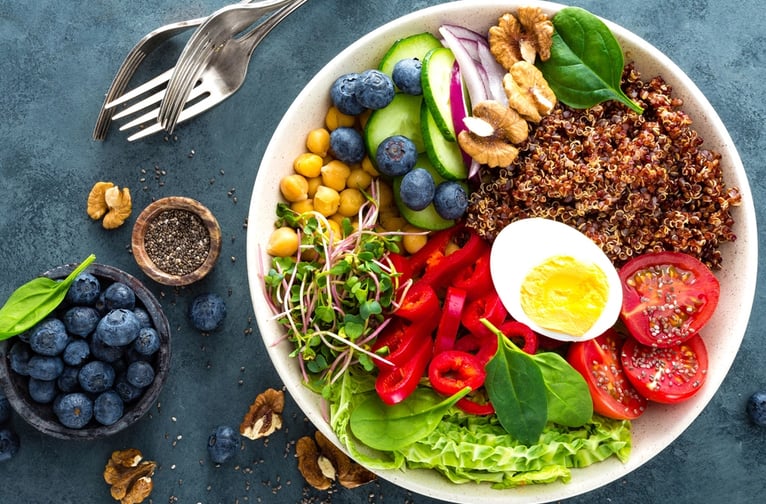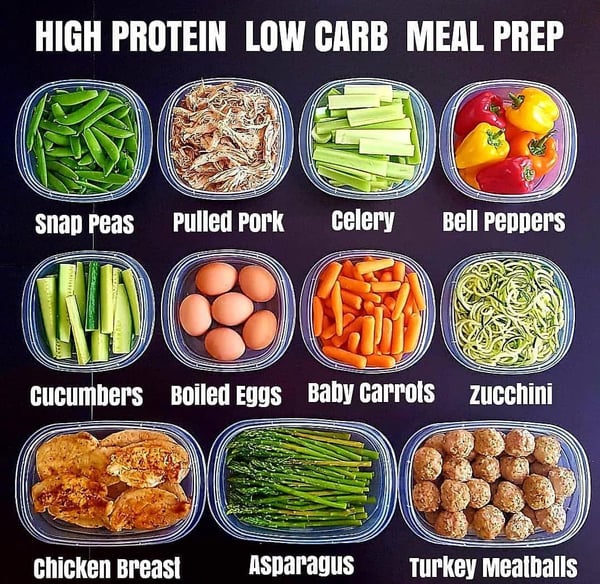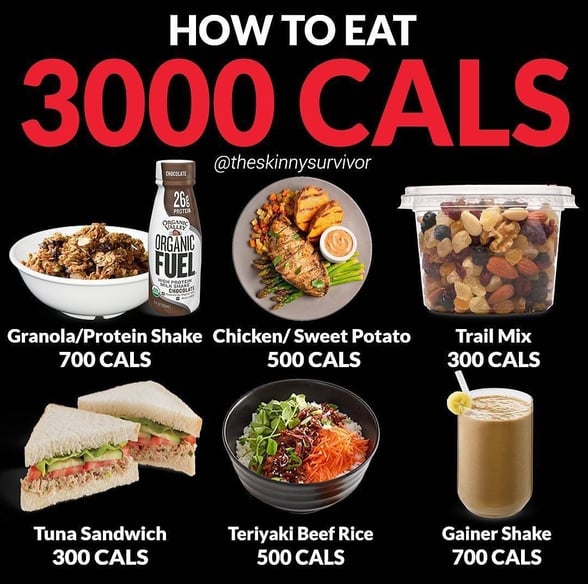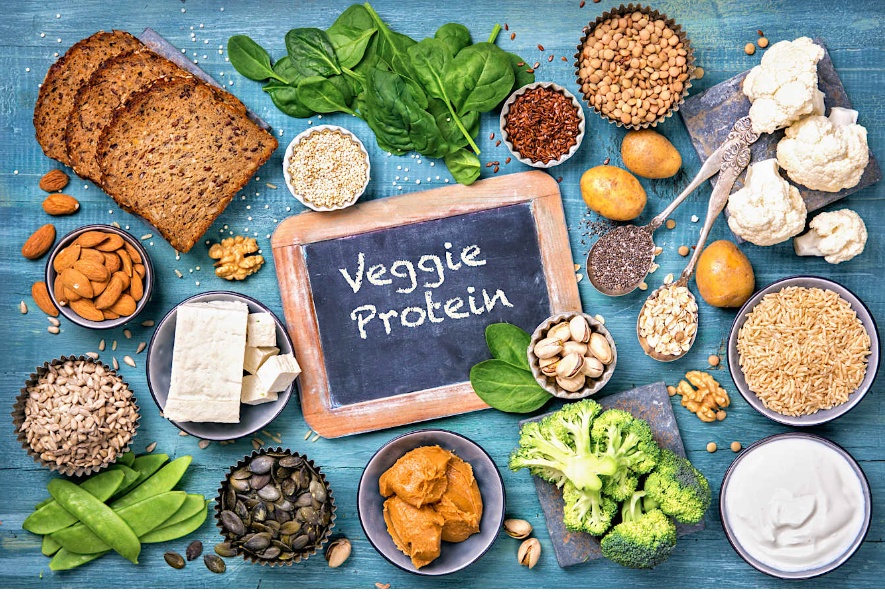2024 Aug
Smart Eating: Your Guide to Choosing Nutritious Foods for Dieting


Embarking on a diet journey can feel like navigating a maze in a grocery store. With countless options claiming to be "healthy" or "diet-friendly," how do you separate the truly nutritious from the cleverly marketed? This guide will help you make informed choices, ensuring your diet is not just about losing weight, but nourishing your body too.






What is Nutrient Density?
Nutrient density refers to the amount of beneficial nutrients in a food relative to its calorie content. When dieting, focusing on nutrient-dense foods helps you get more nutritional bang for your caloric buck.
Why It Matters
Keeps you fuller longer
Provides essential vitamins and minerals
Supports overall health and well-being
"Choosing nutrient-dense foods is like giving your body a high-quality fuel that keeps it running smoothly."
Lean Protein Sources
Chicken breast
Fish (salmon, tuna, cod)
Legumes (lentils, chickpeas)
Greek yogurt
Egg whites
Benefits of Protein for Dieters
Increases satiety
Helps maintain muscle mass
Boosts metabolism
A study published in the American Journal of Clinical Nutrition found that increasing protein intake led to greater feelings of fullness and reduced overall calorie consumption.
Understanding Nutrient Density
The Power of Protein
Embracing Colorful Vegetables
Why Color Matters
Different colors in vegetables indicate various phytonutrients, each offering unique health benefits.
Top Choices for Dieters
Leafy greens (spinach, kale)
Bell peppers
Broccoli
Carrots
Tomatoes
Preparation Tips
Steam or roast to retain nutrients
Use herbs and spices instead of high-calorie dressings
Include a variety of colors in each meal
Fruits: Nature's Sweet Treat
Balancing Fruit Intake
While fruits are nutritious, they contain natural sugars. Opt for whole fruits over juices to benefit from fiber content.
Best Fruits for Dieting
Berries (strawberries, blueberries, raspberries)
Apples
Grapefruit
Watermelon
Pears
Smart Fruit Strategies
Pair fruits with protein or healthy fats to slow sugar absorption
Use fruits as natural sweeteners in oatmeal or yogurt
Freeze grapes or berries for a refreshing snack
Whole Grains: The Fiber Champions
Why Choose Whole Grains?
Whole grains provide fiber, which aids digestion and promotes feelings of fullness.
Top Whole Grain Choices
Quinoa
Brown rice
Oats
Barley
Whole wheat bread (in moderation)
Portion Control Tips
Use smaller plates to control portions of grains, as they can be calorie-dense.
Healthy Fats: Don't Fear the Fat
The Role of Fats in Dieting
Healthy fats are essential for hormone balance and nutrient absorption.
Nutritious Fat Sources
Avocados
Nuts and seeds
Olive oil
Fatty fish
Incorporating Fats Wisely
Add a small amount of nuts to your morning oatmeal
Use avocado as a spread instead of mayo
Drizzle olive oil on salads instead of creamy dressings
Hydration: The Often Overlooked Nutrient
Why Water Matters in Dieting
Supports metabolism
Reduces false hunger cues
Aids in detoxification
Beyond Plain Water
Herbal teas
Infused water (with cucumber, lemon, or berries)
Clear broths
"Staying hydrated can be your secret weapon in managing hunger and supporting your diet goals."
Mindful Eating: The Psychology of Nutrition
Listening to Your Body
Pay attention to hunger and fullness cues. Eat slowly and savor your food.
Creating a Positive Eating Environment
Remove distractions during meals
Use smaller plates to control portions
Practice gratitude for your food
Choosing nutritious foods for dieting doesn't have to be complicated. Focus on whole, minimally processed foods rich in nutrients. Remember, the goal is not just weight loss, but overall health and well-being. By incorporating a variety of nutrient-dense foods and practicing mindful eating, you're setting yourself up for long-term success in your health journey.
Start small, make gradual changes, and be patient with yourself. Your body will thank you for nourishing it with the best nature has to offer.
Smart Eating: Your Guide to Choosing Nutritious Foods for Dieting
The ketogenic (keto) diet is a high-fat, low-carb eating plan designed to induce a state of ketosis, where the body burns fat for fuel instead of carbohydrates. It typically involves consuming moderate protein and very few carbs, promoting weight loss and potential health benefits like improved blood sugar control and increased energy levels.
